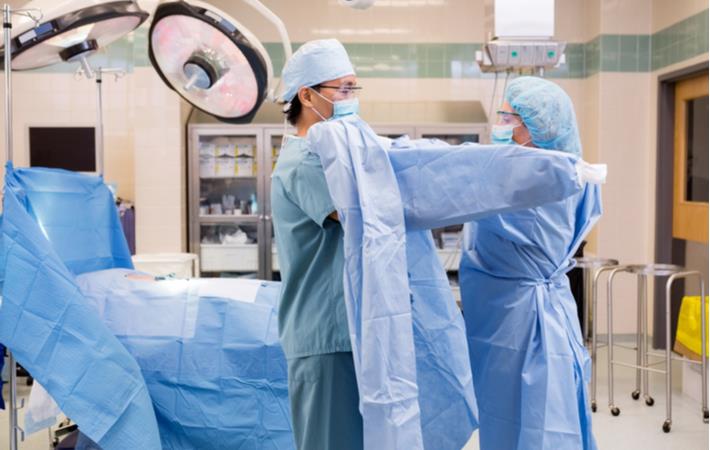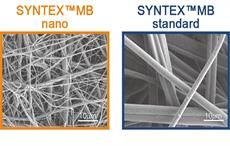UKFT is working to support the government by increasing the availability of PPE. However, it is estimated that global demand for PPE has grown by 1,000 per cent in the past few weeks. The UKFT bring together designers, manufacturers, suppliers, agents, and retailers to promote their businesses and our industry, both in the UK and throughout the world.
Many of the textile companies have offered to help produce masks and gowns for the NHS and other key workers. There are a number of bottlenecks in the supply chain that the government is looking to resolve very quickly and the most import of which is the availability of the correct fabric. It is vital that all PPE is made from the appropriate material otherwise the protection given by items could be compromised.UKFT is working to support the government by increasing the availability of PPE. However, it is estimated that global demand for PPE has grown by 1,000 per cent in the past few weeks. The UKFT bring together designers, manufacturers, suppliers, agents, and retailers to promote their businesses and our industry, both in the UK and throughout the world.#
The government are now working rapidly to put in place a quick and simple system to on-board companies to the NHS supply base, to develop the appropriate terms and conditions and to ensure the regulatory system is able to cope with the ramping up of production, according to UKFT.
When these measures are all in place, the government will be operating a triage system which in effect will see government work with larger manufacturing firms first. This does not mean that offers from smaller companies are unwanted. However, government officials have asked that small companies do not manufacture products without hearing from government regarding the required specifications.
UKFT has shared with the government details of those companies that are already able to source PPE at scale and speed. Masks and surgical gowns have very specific performance requirements and if a company is supplying PPE to hospital and health workers who are in constant contact with those unfortunate enough to have contracted the virus, the products it makes must meet these specifications. Currently, all gowns and masks also have to be tested to ensure they meet the specifications and test laboratories are working at capacity.
There are specific standards, which cover face masks, medical gloves, and protective clothing. BSI has made these standards available for free during the current situation. BS EN 149:2001+A1:2009 Respiratory protective devices; BS EN 166:2002 Personal eye protection. Specifications; BS EN 14126:2003 Performance requirements and tests methods for protective clothing against infective agents; BS EN 14605:2009+A1:2009 Protective clothing against liquid chemicals. Performance requirements for clothing with liquid-tight (Type 3) or spray-tight (Type 4) connections, including items providing protection to parts of the body only (Types PB [3] and PB [4]); BS EN 13795-1:2019 Surgical clothing and drapes. Requirements and test methods. Surgical drapes and gowns; BS EN 13795-2:2019 Surgical clothing and drapes; Clean air suits; BS EN 455-1:2000 Medical gloves for single use. Requirements and testing for freedom from holes; BS EN 455-2:2015 Medical gloves for single use. Requirements and testing for physical properties; BS EN 455-3:2015 Medical gloves for single use. Requirements and testing for biological evaluation; BS EN 455-4:2009 Medical gloves for single use. Requirements and testing for shelf life determination; BS EN 14683:2019 Medical face masks; BS EN ISO 10993-1:2009 Biological evaluation of medical devices. Evaluation and testing within a risk management process; and BS EN ISO 374-5:2016 Protective gloves against dangerous chemicals and micro-organisms.
Fibre2Fashion News Desk (GK)


